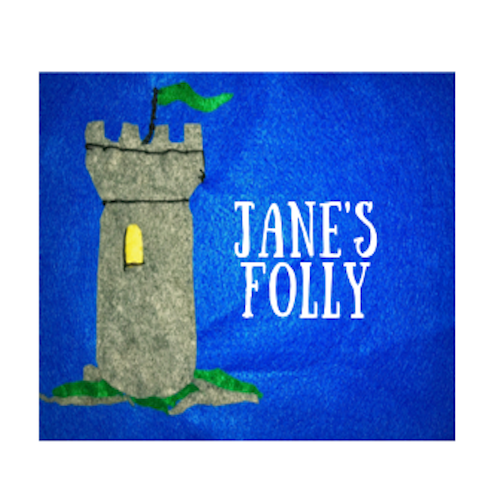
So I have finished Brandon Sanderson’s 1,001 page opus, “The Way of Kings”. He has begun his story. This man is a world-builder and a character creator. If I was gaming with him, he’d have a different character at each gaming session and would be begging the GM to let him use 3 at a time. If he was a GM, we’d not get very far down the corridor, but we would know all about it and have a great time.
I wish I was as… verbose. I have a tendency for brevity. I put down a skeleton of a story and then feel I am done. I stick to one or two characters. I catch myself using cliched tropes, derivative reworkings. This man created a whole different world, an alien place, not some slightly skewed mirror. Magical storms rage across it, so the plants have adapted, drawing themselves in to shells to avoid damage. The main creatures are shelled monsters. The magical storms infuse magic into gemstones, which are used as both currency and as a light source. The ultimate warriors of the world use shardblades, which cut through souls and through inanimate objects like butter. He crafted several cultures and included fascinating details, such as a way of controlling women that is worse than a burka- showing your left hand is considered indecent.
He touches on themes of war and peace, of the dichotomy between the thrill and horror of battle. He explores the nature of fate, religion and honor. As with his other works I’ve read- very few people are truly good, and those who are don’t think they are.
He introduces four main characters with three main story lines- a slave who becomes a hero, a “mad king”, an assasin under a geis, and a young scholar with a secret. I tried to go through to figure out how many characters there are- not walk throughs, mind you, characters, and lost count at about twenty. In one chapter he introduces a character that he never mentions again! It is a testimony to his skill as a writer that I kept on reading- while the scale was epic, he cares about every one of those characters.
Should I touch on the author’s presumed religion (he teaches at Brigham Young in Utah) or would that be dangerous ground? From what I know, they encourage creative thought over there, let’s just leave it at that.
Overall, I’d recommend the book, but I think it could have stood paring down by about 500 pages.


me read next I think?